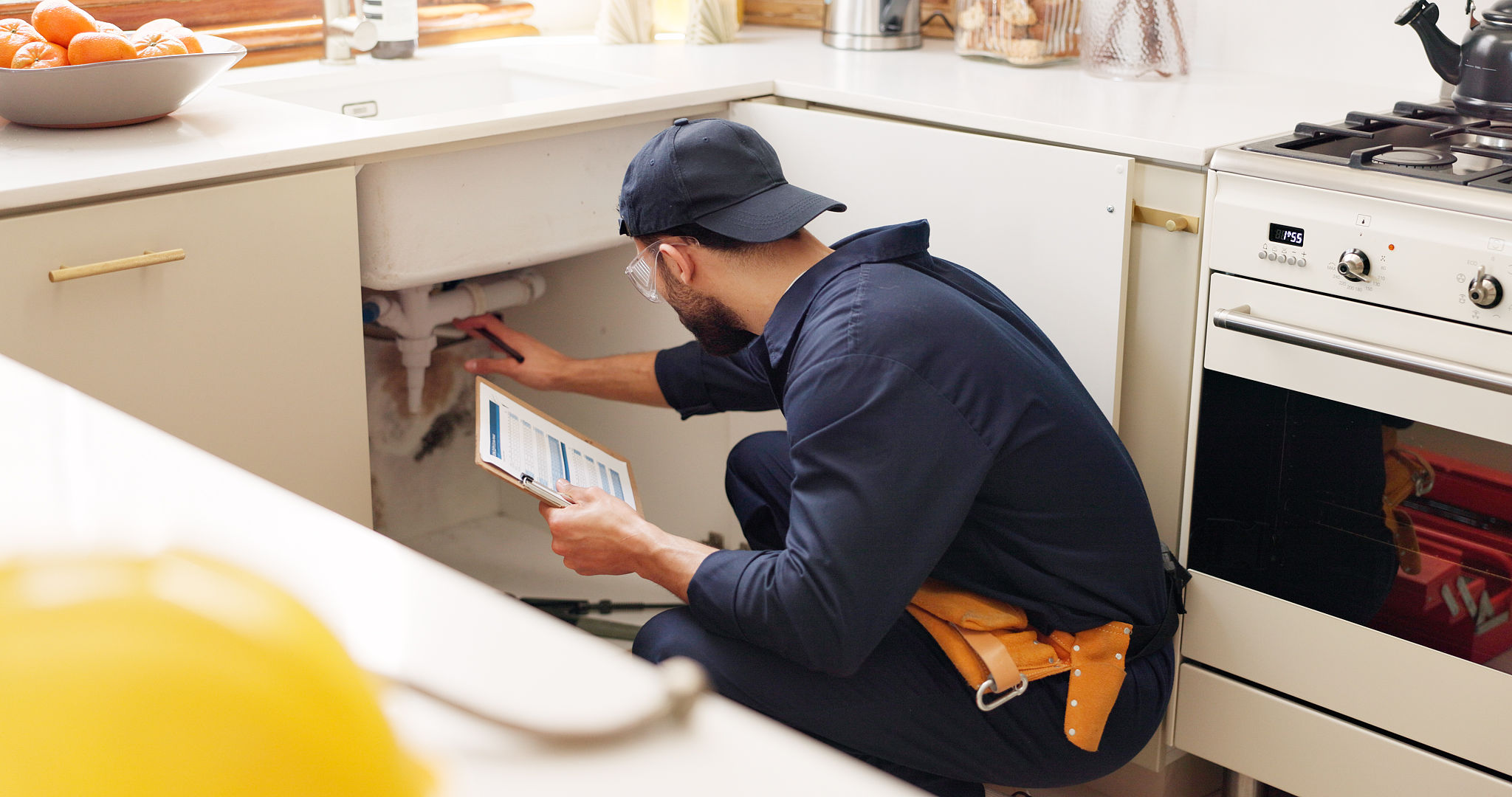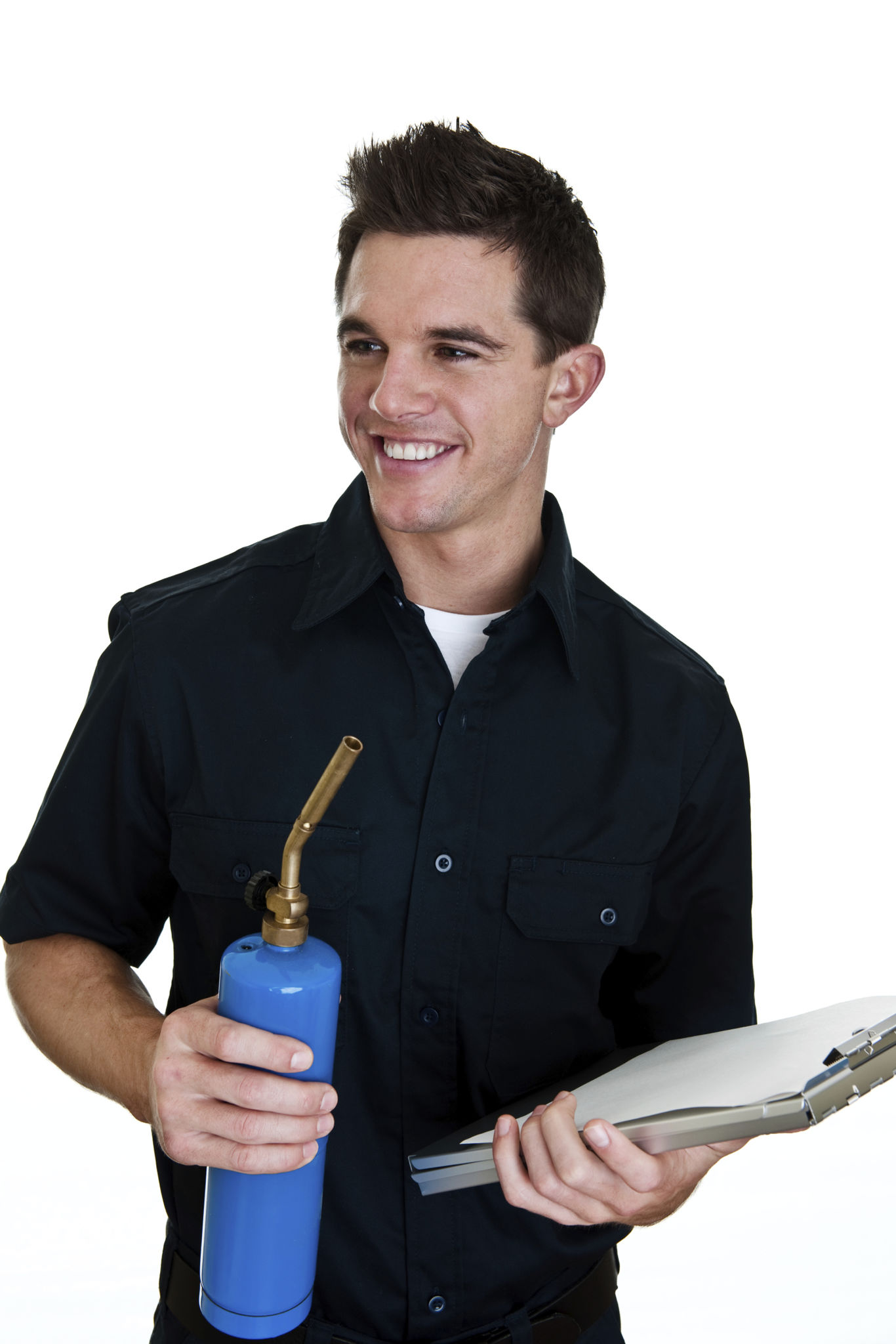Understanding Backflow: Prevention and Solutions for Colorado Springs Homes
Understanding Backflow
Backflow is a term used in plumbing to describe the unwanted reversal of water flow in a system. In a residential context, this means that water from your home could potentially flow back into the public water supply, bringing with it contaminants that pose health risks. For homeowners in Colorado Springs, understanding backflow and how to prevent it is essential for maintaining safe and clean water.
There are two main types of backflow: backpressure and backsiphonage. Backpressure occurs when the pressure in the home’s plumbing exceeds the pressure in the public water supply, while backsiphonage happens when there's a sudden drop in pressure in the main supply line, such as during firefighting activities or a water main break.

Causes of Backflow
Several factors can contribute to backflow in residential systems. One common cause is cross-connections between potable and non-potable water systems. For example, garden hoses submerged in a pool or connected to chemical sprayers can create a pathway for contaminants to enter the drinking water system.
Another potential cause is faulty plumbing installations. Improperly installed valves or devices can fail to prevent backflow, allowing contaminated water to mix with clean water. Regular maintenance and inspections are crucial to identify these vulnerabilities before they become a problem.

Preventing Backflow in Your Home
Preventing backflow is primarily about installing and maintaining the right devices. The most effective way to stop backflow is by using backflow prevention devices, such as reduced pressure zone (RPZ) assemblies, double-check valve assemblies, and pressure vacuum breakers. These devices are designed to automatically stop the reverse flow of water.
Homeowners should work with licensed plumbers who are familiar with local codes and regulations to install these devices correctly. Regular testing and maintenance are also necessary to ensure that the devices function properly over time.
Importance of Professional Assistance
While some homeowners may be tempted to handle plumbing issues themselves, backflow prevention is best left to the professionals. Certified plumbers have the expertise to assess potential risks and recommend appropriate solutions. They can also ensure that all installations comply with local regulations, which is crucial for both safety and legal reasons.

Solutions for Colorado Springs Homes
In Colorado Springs, the local government mandates certain standards for backflow prevention. Homeowners should familiarize themselves with these requirements to ensure compliance and protect their water supply. The city often conducts audits and inspections, so staying informed can prevent potential fines or service interruptions.
Engaging with local resources such as community workshops or informational sessions can be beneficial. These events often provide valuable insights into maintaining your home’s plumbing systems and understanding the specific challenges faced by Colorado Springs residents.
The Role of Regular Maintenance
Regular maintenance plays a vital role in preventing backflow issues. Scheduling annual inspections with a certified plumber can help detect early signs of wear or malfunction in your plumbing system. During these check-ups, plumbers can test devices, replace parts as needed, and provide guidance on best practices for maintaining your home’s water safety.

By understanding backflow and taking proactive measures, Colorado Springs homeowners can ensure that their water supply remains safe and clean for their families. Prevention not only protects your home but also contributes to the overall safety of the community’s water system.